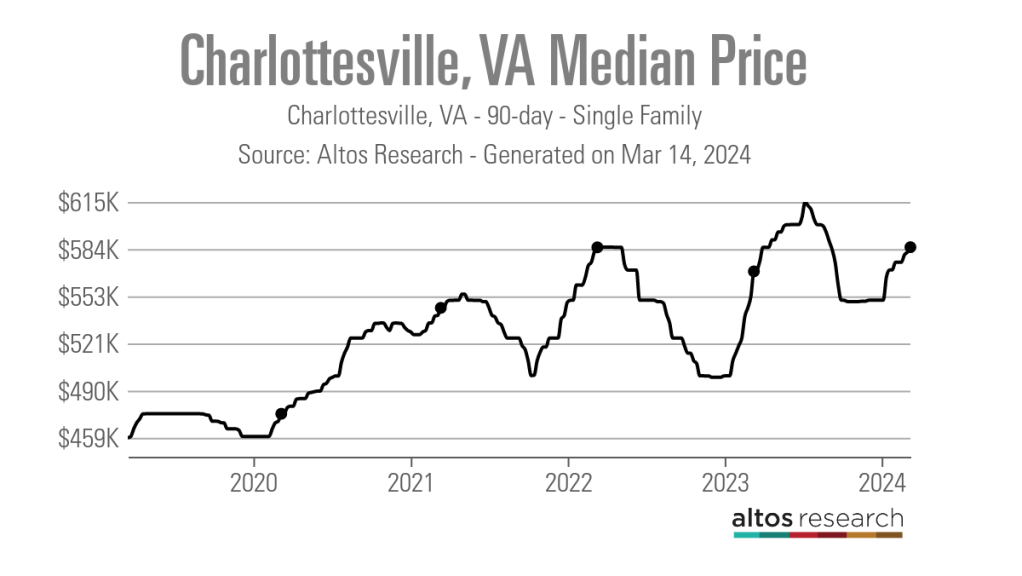If you dropped antimatter, would it fall down or up? In a unique laboratory experiment, researchers have now observed the downward path taken by individual atoms of antihydrogen, providing a definitive answer: antimatter falls down.
In confirming antimatter and regular matter are gravitationally attracted, the finding also rules out gravitational repulsion as the reason why antimatter is largely missing from the observable universe.
Researchers from the international Antihydrogen Laser Physics Apparatus (ALPHA) collaboration at CERN in Switzerland published their findings today in the journal Nature, an effort supported by more than a dozen countries and private institutions, including the U.S. through the joint U.S. National Science Foundation/Department of Energy Partnership in Basic Plasma Science and Engineering program.
“The success of the ALPHA collaboration is a testament to the importance of teamwork across continents and scientific communities,” says Vyacheslav “Slava” Lukin, a program director in NSF’s Physics Division. “Understanding the nature of antimatter can help us not only understand how our universe came to be but can enable new innovations never before thought possible — like positron emission tomography (PET) scans that have saved many lives by applying our knowledge of antimatter to detect cancerous tumors in the body.”
Matter’s elusive, volatile twin
Beyond the imagined antimatter-fueled warp drives and photon torpedoes of Star Trek, antimatter is completely real, yet mysteriously scarce.
“Einstein’s theory of general relativity says antimatter should behave exactly the same as matter,” said University of California, Berkeley plasma physicist and ALPHA collaboration member Jonathan Wurtele. “Many indirect measurements indicate that gravity interacts with antimatter as expected” he added, “but until the result today, nobody had actually performed a direct observation that could rule out, for example, antihydrogen moving upwards as opposed to downwards in a gravitational field.”
Our bodies, the Earth, and most everything else scientists know about in the universe are overwhelmingly made of regular matter consisting of protons, neutrons, and electrons, like atoms of oxygen, carbon, iron and the other elements of the periodic table.
Antimatter, on the other hand, is regular matter’s twin, though with some opposite properties. For example, antiprotons have a negative charge while protons have a positive charge. Antielectrons (also known as positrons) are positive while electrons are negative.
However, perhaps most challenging for experimenters, “As soon as antimatter touches matter, it blows up,” said ALPHA collaboration member and University of California, Berkeley plasma physicist Joel Fajans.
The combined mass of matter and antimatter is transformed entirely into energy in a reaction so powerful that scientists call it an annihilation.
“For a given mass, such annihilations are the densest form of energy release that we know of,” Fajans added.
But, the amount of antimatter used in the ALPHA experiment is so small that the energy created by antimatter/matter annihilations is perceptible only to sensitive detectors.
“Still, we have to manipulate the antimatter very carefully or we will lose it,” said Fajans.
Dropping an antimatter banger
“Broadly speaking, we’re making antimatter and we’re doing a Leaning Tower of Pisa kind of experiment,” said Wurtele, referring to their experiment’s simpler intellectual ancestor, Galileo’s perhaps apocryphal 16th century experiment demonstrating identical gravitational acceleration of two simultaneously dropped objects of similar volume but different mass. “We’re letting the antimatter go, and we’re seeing if it goes up or down.”
For the ALPHA experiment, the antihydrogen was contained within a tall cylindrical vacuum chamber with a variable magnetic trap, called ALPHA-g. The scientists reduced the strength of the trap’s top and bottom magnetic fields until the antihydrogen atoms could escape and the relatively weak influence of gravity became apparent.
As each antihydrogen atom escaped the magnetic trap, it touched the chamber walls either above or below the trap and annihilated, which the scientists could detect and count.
The researchers repeated the experiment more than a dozen times, varying the magnetic field strength at the top and bottom of the trap to rule out possible errors. They observed that when the weakened magnetic fields were precisely balanced at the top and bottom, about 80% of the antihydrogen atoms annihilated beneath the trap – a result consistent with how a cloud of regular hydrogen would behave under the same conditions.
Thus, gravity was causing the antihydrogen to fall down.
The matter/antimatter mystery
Despite some modest sources of antimatter — like positrons emitted from the decay of potassium, even within a banana — scientists do not see much of it in the universe. However, the laws of physics predict antimatter should exist in roughly equal amounts as regular matter. Scientists call that conundrum the baryogenesis problem.
One potential explanation is that antimatter was gravitationally repelled by regular matter during the big bang, although the new findings suggest that theory no longer seems plausible.
“We’ve ruled out antimatter being repelled by the gravitational force as opposed to attracted,” said Wurtele. That doesn’t mean there isn’t a difference in the gravitational force on antimatter, he adds. Only a more precise measurement will tell.
The ALPHA collaboration researchers will continue to probe the nature of antihydrogen. In addition to refining their measurement of the effect of gravity, they are also studying how antihydrogen interacts with electromagnetic radiation through spectroscopy.
“If antihydrogen were somehow different from hydrogen, that would be a revolutionary thing because the physical laws, both in quantum mechanics and gravity, say the behavior should be the same,” said Wurtele. “However, one doesn’t know until one does the experiment.”
NOTE to journalists: Visuals and animations are available under embargo restrictions at:
https://nsf.widencollective.com/portals/mlrxu797/ScientistRevealGravity’sEffectsonAntimatter / password ZzsZPgbaFsuYde6y
“Observation of the effect of gravity on the motion of antimatter” appears in the journal Nature, DOI: 10.1038/s41586-023-06527-1
###
For more NSF news, visit our news site.
The U.S. National Science Foundation propels the nation forward by advancing fundamental research in all fields of science and engineering. NSF supports research and people by providing facilities, instruments and funding to support their ingenuity and sustain the U.S. as a global leader in research and innovation. With a fiscal year 2023 budget of $9.5 billion, NSF funds reach all 50 states through grants to nearly 2,000 colleges, universities and institutions. Each year, NSF receives more than 40,000 competitive proposals and makes about 11,000 new awards. Those awards include support for cooperative research with industry, Arctic and Antarctic research and operations, and U.S. participation in international scientific efforts.
Journal
Nature
DOI
10.1038/s41586-023-06527-1
Method of Research
Experimental study
Subject of Research
Not applicable
Article Title
Observation of the effect of gravity on the motion of antimatter
Article Publication Date
28-Sep-2023











































